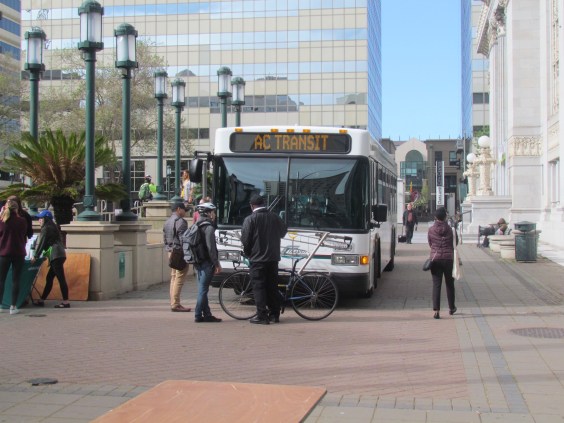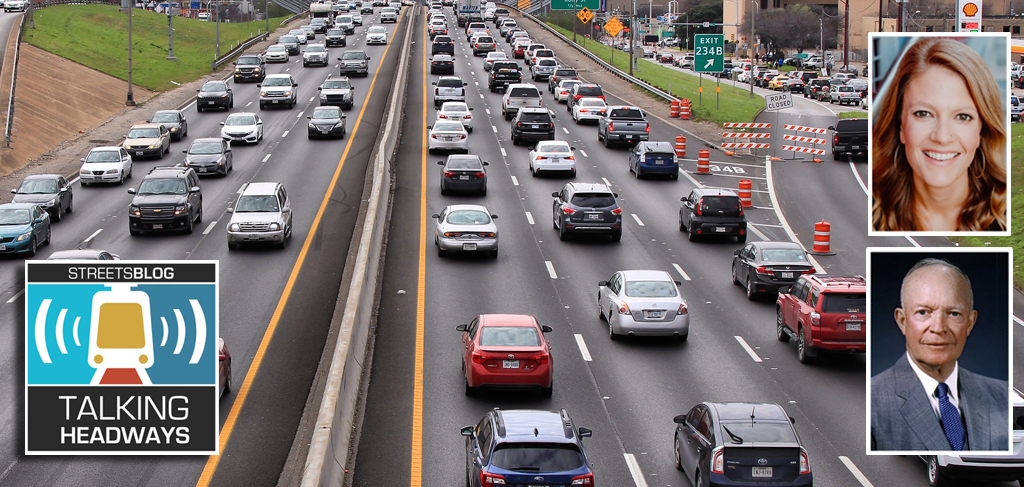
Bud & Walter Brewer Collection/Tulsa Historical Society, via The New York Times.
Fifty years ago last Friday, the people of Tulsa, Oklahoma, assembled downtown and buried a brand new Plymouth Belvedere hardtop as a time capsule to be opened in 2007. The car, and $100 plus 50 years worth of accrued compound interest (a bit more than $700), would be awarded to the person (or his or her heirs) who most accurately guessed what the population of Tulsa would be in 2007.
The event was held to commemorate the 50th anniversary of Oklahoma's statehood, but also had the effect of forcing people to think about the future. How would people get around in the future? It was an age of remarkable technological advancement, and the ideas must have been limitless.
Along with the car, there were a number of odds and ends buried: Microfilm containing all the population contest entries, the contents of a woman's purse, a wedding photograph, a case of beer, an unpaid parking ticket and a flag. But there is one other item that marvelously hints at the optimistic sensibility of that time.
Along with that tail-finned, chromed sedan, the people of 1957 buried 10 gallons of leaded gasoline, on the chance that in 2007 gas stations would be unknown to a people jetting around in personal flying machines fueled by iPod-sized nuclear fusion reactors.
Imagine the thought they may have had: June 15, 2007, comes around and we'd dig up the old car and blink at it, perplexed:
"That's a great old car, but how do we get it to move?" some official would ask.
"Historical evidence suggests that in the mid 20th century, these automobiles were fueled by a refined hydrocarbon admixture called 'gasoline'," a historian might report. "Our boys at the lab believe they can re-engineer the stuff, but they need a couple of months."
But here it is 2007 and automobility is little changed from the way it was in 1957. The tailfins and chrome are gone but our cars are stilling running on pretty much the same fuel. We've removed the lead from the gas and added MTBE. Sometimes gas is now made from ethanol, its energy coming from a season's worth of solar power rather than the 400 million-year-old bounty of Jurrasic sunlight that we call "oil." We've tinkered with the system but the fantastic paradigm shift imagined a couple of generations ago is nowhere on the horizon.
What was an asset in 1957 has become an enormous national liability. Fifty years ago, the oil fields of Oklahoma were awash with ever increasing amounts of oil and the United States produced more oil than any other nation in the world. We didn't have to import a drop. Nobody had ever heard of the terms global warming or climate change.
After Tulsa buried its Plymouth, U.S. oil production continued to increase. Until 1970. Since then, no technological breakthrough and no amount of private investment or public subsidy has been able to reverse declining production rates. Today, we continue to feed our addiction to the automobile by sending our hard-earned national wealth overseas and by intimidating oil producing nations with our military power.
But every year, we produce a little less oil and import a little more, all while poisoning the atmosphere. Now, the tankers steaming across the Atlantic are carrying not just oil, but gasoline. Presidents have admitted that the U.S. is addicted to oil. But no president has suggested that we end the oil addiction in any way that alter what Dick Cheney calls our non-negotiable lifestyle.
What sort of time capsule might we leave for the people of 2057? Here's an idea: A letter of apology wrapped in a Hummer.




